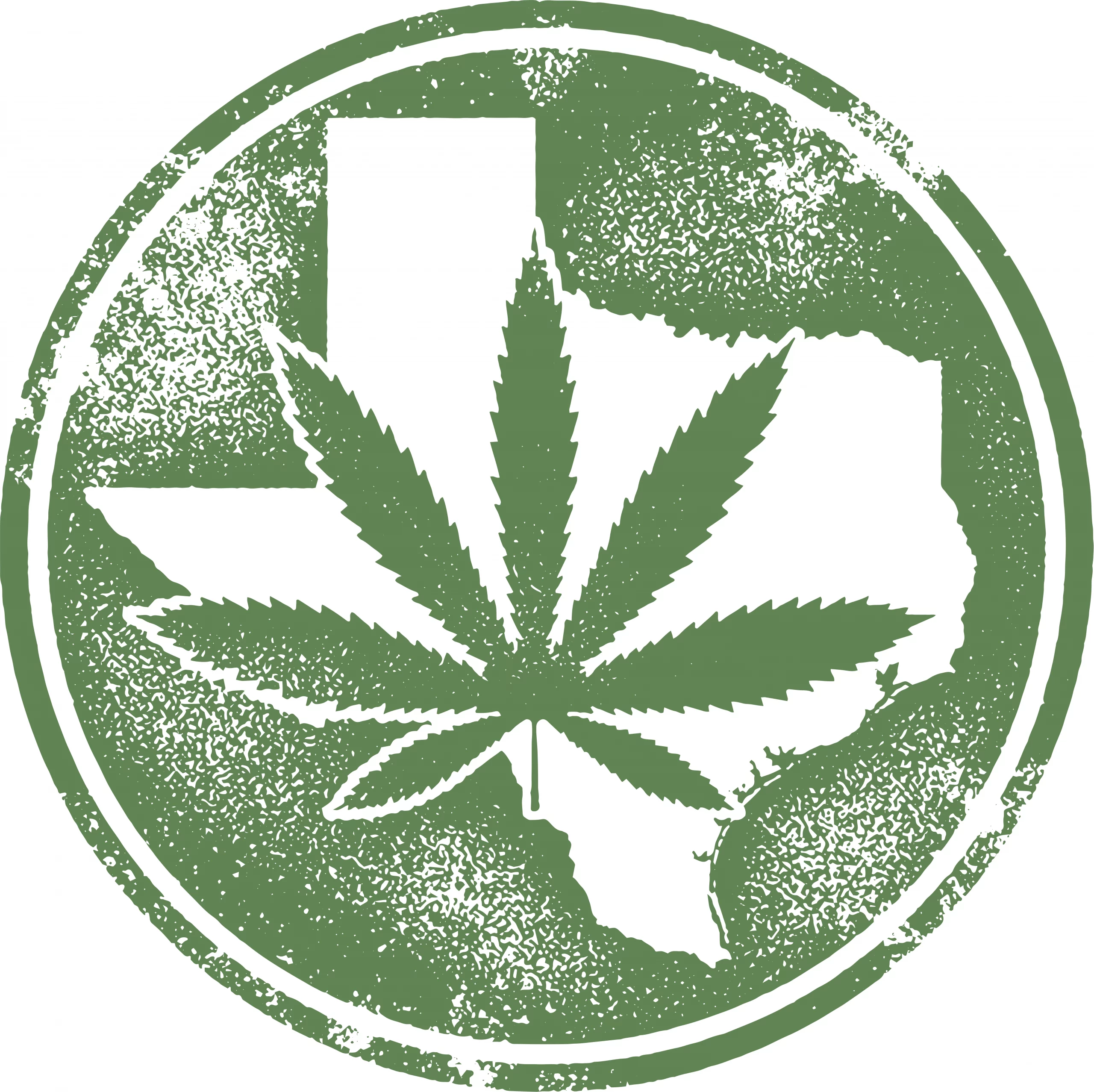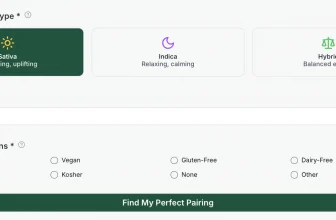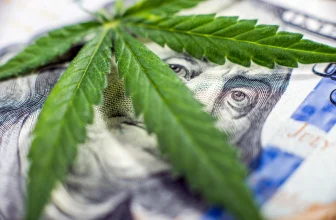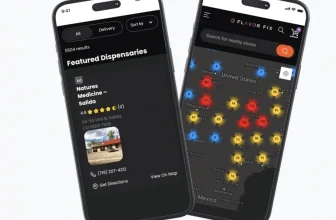
Is Marijuana Legal in Texas? Recreational marijuana is still illegal in Texas, including the distribution, possession, cultivation, production, and sale. While there is a medical marijuana program in Texas, it is highly restrictive and limits participants to low-THC cannabis oil with 1% or less THC.
What Are the Laws for Medical and Recreational Marijuana?
In 2019, Texas lawmakers legalized certain forms of the cannabis plant in an attempt to align state laws with the federal 2018 law that legalized hemp. While this signified some degree of progress, it also led to widespread confusion — particularly since enforcement varies depending on where you live.
What is clear is that marijuana is still illegal to both possess and use in the state, as it has been since 1931. The new law differentiates between hemp and marijuana, leading both state crime labs and prosecutors to drop hundreds of cases currently in progress. They have also stopped taking on many new cases since they don’t have enough capacity to detect the precise THC content of a sample of cannabis.
This has resulted in labs failing to provide prosecutors with the evidence they need to convict. Is this a form of accidental decriminalization?
Governor Greg Abbott says no; in his opinion, prosecutors simply don’t understand the law. Yet you can’t help but take note of the numbers: marijuana prosecutions in Texas dropped by more than 50% in just six months after the law took hold.
In terms of medical marijuana, legality is limited, and use is tightly restricted. The 2015 Texas Compassionate Use Act allowed those with epilepsy to access cannabis oil with ≤0.5% THC, and 2021 House Bill 3703 extended the list of conditions to Parkinson’s disease, multiple sclerosis, and Lou Gehrig’s disease.
How Does Texas Compare with Other US States?
Recreational and medical marijuana are not treated the same everywhere, and by many metrics, Texas is severely lagging other states.
Recreational marijuana possession is now legal in Washington, D.C., and 11 states, where it is regulated but not criminally or civilly prosecutable.
Ten more states have either partially or fully decriminalized a significant number of marijuana offenses. Though recreational use is still illegal in some of them, prosecutors have stopped pressing criminal charges and instead impose civil penalties like drug education programs and fines.
Texas, by contrast, gives prosecutors full license to press criminal charges (which typically amount to misdemeanors for small possession amounts) for the recreational use of marijuana. If you are for marijuana reform, it’s important to let your legislators know and to vote for those who support change.
The Difference Between Hemp and Marijuana
You can’t tell the difference between marijuana and hemp by look or smell — both produce sticky buds full of cannabinoids and terpenes. The difference lies in the amount of tetrahydrocannabinol (THC) in each.
Marijuana is grown with a focus on THC content, though it also contains other cannabinoids in varying proportions (which is what creates the multitude of wonderful strains to choose from). Hemp is cultivated for its cannabidiol (CBD) content and legally cannot contain more than 0.3% THC by federal law.
You can learn more about the differences between CBD and THC here.
A Texas Twister of Legal Turmoil
As is the case anywhere cannabis is legalized, the resulting boom in hemp-based product sales has been tremendous. It’s been so successful in Texas that no one knows exactly how many businesses are selling CBD since the Texas Department of State Health Services has not yet required licensing.
There have been a few snags along the road. In Amarillo, a man was arrested and jailed for a full month until it was found that the “marijuana” he was transporting was, in fact, hemp.
This raises a big question for Texas: as the hemp industry booms, the state and its cities will need to figure out ways to distinguish between hemp and marijuana to avoid unjust arrests. As a result, many prosecutors on both sides of the political divide are doing away with low-level marijuana charges.
The Texas Department of Public Safety officially ordered officers to only issue citations for misdemeanor possession cases. This is still a hefty sentence (≤1 year in jail and ≤$4,000 in fines).
In Austin, the City Council voted to end the majority of fines and arrests for small marijuana possession, which was met with resistance by the local police chief. Other cities like Plano have allocated more money toward substance testing and police enforcement. Municipalities that can’t afford lab testing are sending samples to the Department of Public Safety.
Will Texas Legalize Marijuana?
House Bill 63, introduced by Democratic State Representative Joe Moody of El Paso, was intended to prevent police from arresting anyone with an ounce or less of pot. The bill also imposed a maximum fine of $500. The House passed it 103 to 42, but the bill did not make it past the Senate.
The polls indicate that the majority of Texans support marijuana legalization. 80% would vote for some form of legalization (31% for medical marijuana, 30% for small amounts, and 23% for any amount). Among Democrats, 79% support legalization; among independents, the number is 70%.
What’s surprising is that 51% of Republicans in Texas also want to legalize marijuana. It’s a slim majority, to be sure, but one that shows support from an unexpected place.
It’s worth noting that at the current time, Texas’ state laws align with federal laws. That means the illegality of using, possessing, selling, and producing marijuana is consistent with the federal government’s legal stance on the drug. However, the federal government has shown progress in moving towards legalization as states have shown similar progress.
As the demographics of Texas shift with changing population and influx of new industries, it will be interesting to see how legislators adapt. It’s possible that Texas will be rolling out a new legalization program in several years.
For more information on legalization in Texas, follow our up-to-date news and keep putting pressure on lawmakers.






